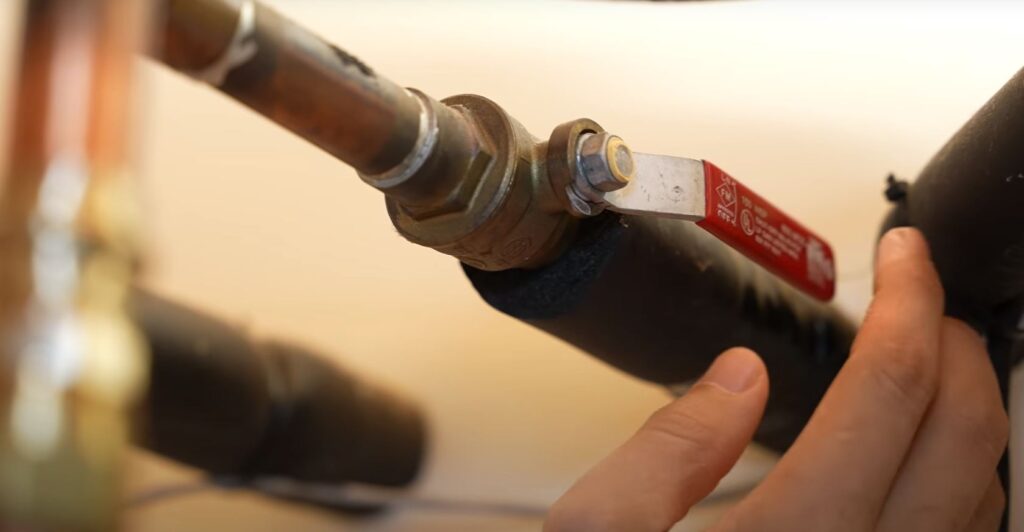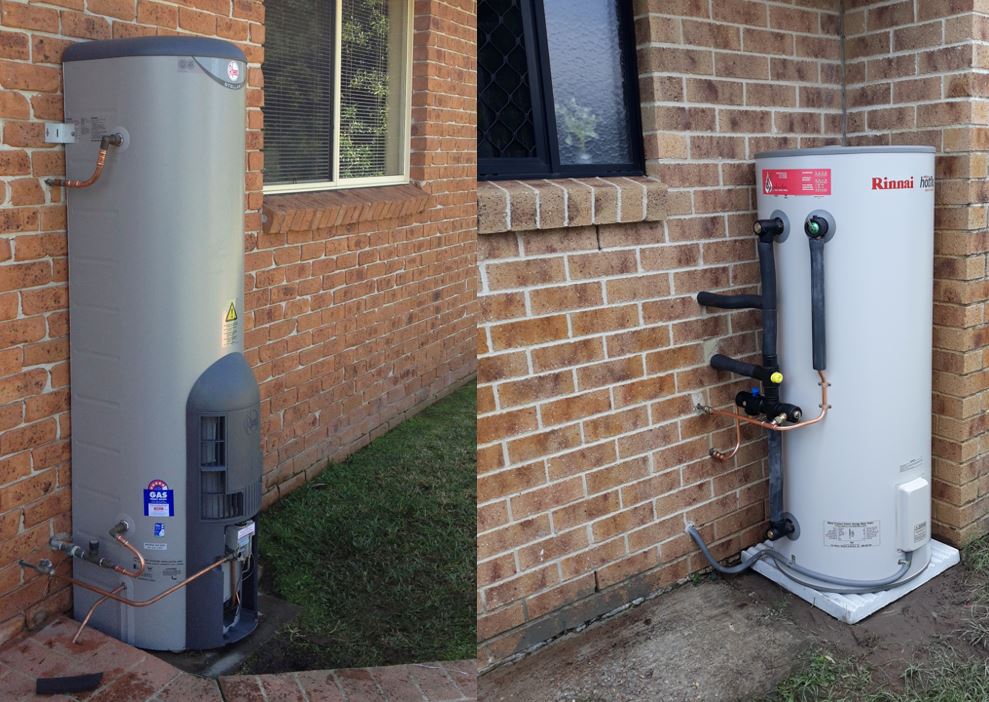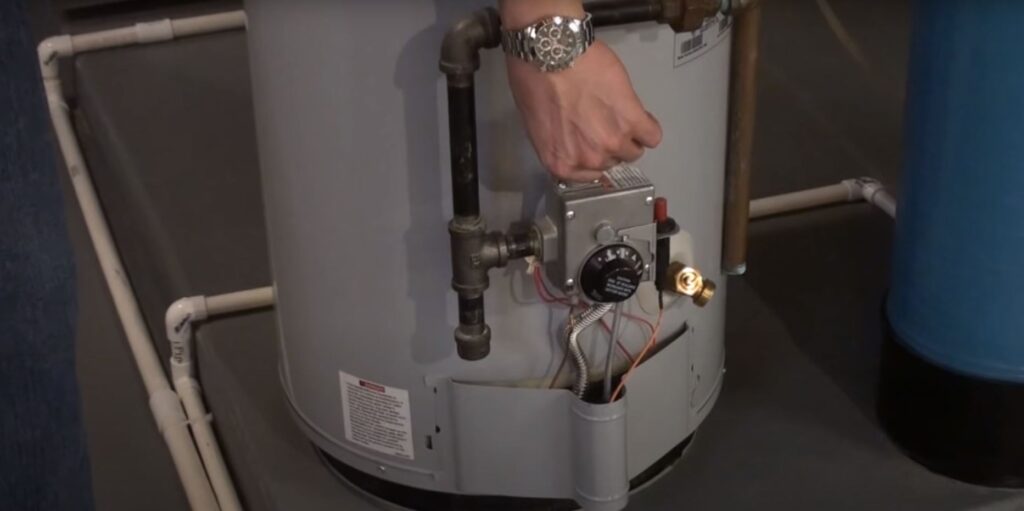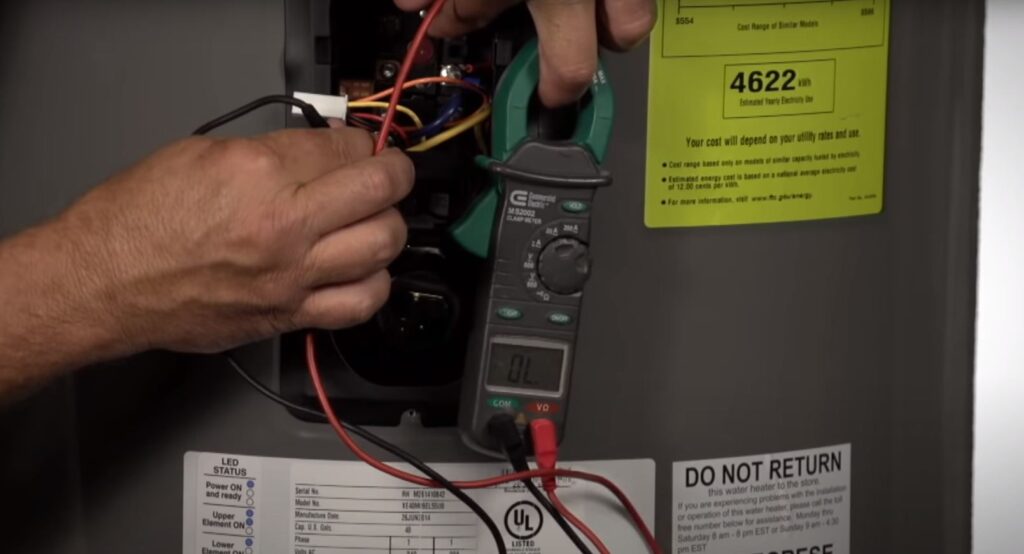Recognising Common Hot Water Issues
Every Melburnian knows the importance of a reliable hot water system, especially during those chillier months. However, like all systems, hot water units aren’t immune to problems. Recognising common issues is the first step towards addressing them. Here’s a list of the typical hiccups you might encounter:
- No Hot Water: Usually an issue with electric heaters or gas burners.
- Inadequate Hot Water: Often linked to the heater’s size or possibly sediment build-up.
- Water Too Hot: Can be due to faulty thermostats.
- Noisy Tank: Typically a result of heating element issues or sediment.
- Coloured Water: A potential sign of a corroded anode rod.
Electric Water Heater Troubleshooting
Tripped Circuit Breaker: Before delving deeper, always check if the circuit breaker linked to the water heater has tripped. Resetting it might resolve the issue.
Faulty Thermostat: A non-operational thermostat can prevent water from heating. It might need replacement.
Heating Element Issues: Electric heaters come with two heating elements. If either fails, the heating efficiency can drop significantly.
Gas Water Heater Troubleshooting
Pilot Light Outage: A common issue where the pilot light goes out due to a faulty thermocouple or a loose connection. Relighting it might help.
Faulty Gas Control Valve: If the gas valve malfunctions, the burner won’t get the necessary gas, impacting the heating process.
Water Heater Maintenance Tips
Regular Draining: Sediment can accumulate at the tank’s base, reducing efficiency. Draining a quarter of the tank a few times a year can help.
Temperature and Pressure Relief Valve Check: Ensuring this valve is functional is crucial, as it releases excess pressure. A malfunctioning valve can be a safety hazard.
Anode Rod Inspection: This rod prevents tank corrosion. If more than six inches of its core steel wire is exposed, consider a replacement.
Health, Safety, and Melbourne’s Specific Considerations
While troubleshooting, always consider health and safety first.
- Always Turn Off Power: Before starting any repair or inspection, ensure the heater’s power source is turned off. For electric heaters, switch off the circuit breaker. For gas heaters, turn off the gas supply.
- Avoid Scalding: Extremely hot water can cause burns. If you’ve recently adjusted the thermostat, wait for the water temperature to stabilise before using.
- Melbourne’s Water Quality: Melbourne’s water tends to be soft, which impacts the heater’s anode rod. Soft water can accelerate the rod’s corrosion, so Melburnians might need to inspect it more often.
When to Call Hot Water Repairs Melbourne
Some issues go beyond DIY troubleshooting:
- Recurring Issues: If the same problem keeps cropping up, it’s time to call in the experts.
- Old Units: Water heaters typically last 8-12 years. If yours is nearing this age and frequently malfunctions, consider professional servicing or replacement.
- Leakages: Leaks can indicate significant problems, especially if they’re near the tank’s base.
Summary Table
| Problem | Possible Cause | Solution |
| No Hot Water | Tripped Circuit Breaker | Reset Circuit Breaker |
| Pilot Light Outage | Relight Pilot Light | |
| Inadequate Hot Water | Sediment Build-up | Drain Tank |
| Undersized Heater | Consider Upgrading | |
| Water Too Hot | Faulty Thermostat | Replace Thermostat |
| Noisy Tank | Sediment | Drain and Clean Tank |
| Heating Element Issue | Replace Element | |
| Coloured Water | Corroded Anode Rod | Replace Anode Rod |
In Conclusion
Troubleshooting hot water problems can often be straightforward, but there are times when professional insight is indispensable. For Melburnians facing hot water issues, engaging a trusted name like Hot Water Repairs Melbourne can ensure safe, efficient, and long-lasting solutions.
Frequently Asked Questions
Why is my water heater not producing hot water at all?
This could be due to a tripped circuit breaker in electric heaters or an extinguished pilot light in gas heaters. Check the circuit breaker or try relighting the pilot light. If the problem persists, the heating element or gas control valve might be faulty.
What causes a noisy water heater tank?
The noise you hear might be due to sediment build-up at the bottom of the tank or issues with the heating element. Draining the tank or replacing the heating element can help mitigate these sounds.
Why is my hot water discoloured or rusty?
A corroded anode rod is often the culprit behind discoloured or rusty hot water. The rod’s primary purpose is to prevent tank corrosion. When it wears out, rust can develop in the tank, leading to coloured water.
I recently adjusted my thermostat, but the water is too hot. What should I do?
After adjusting the thermostat, give the system some time to stabilise. However, if the water remains too hot after several hours, the thermostat might be malfunctioning and needs replacement.
How often should I drain my water heater tank in Melbourne?
Given Melbourne’s soft water quality, sediment build-up might be more frequent. It’s advisable to drain a quarter of the tank a few times a year to prevent sediment accumulation.
When should I consider replacing my water heater instead of repairing it?
Water heaters have a typical lifespan of 8-12 years. If your heater is nearing this age range and is frequently malfunctioning or if you’re facing recurring issues, it might be more cost-effective to consider a replacement.
Is it safe to troubleshoot my water heater on my own?
While some minor troubleshooting steps can be undertaken by homeowners, always prioritise safety. Ensure the power source is turned off before starting any repair or inspection. If you’re unsure about any step or face complex issues, it’s best to call in professionals like Hot Water Repairs Melbourne.
Key Takeaways:
- Hot water issues are common and can result from various factors, such as tripped circuit breakers, extinguished pilot lights, or malfunctioning heating elements.
- Sediment build-up in the water heater tank can cause noises and reduced efficiency. Draining a part of the tank regularly, especially in areas with soft water like Melbourne, can prevent this problem.
- Discoloured or rusty hot water often indicates a corroded anode rod, which requires replacement to ensure tank integrity.
- Thermostats regulate water temperature, but if the water remains too hot or too cold despite adjustments, the thermostat might be faulty.
- Water heaters have a finite lifespan. If they approach or exceed the typical 8-12 year range and experience consistent issues, it might be time for a replacement.
- While homeowners can undertake basic troubleshooting, it’s crucial to always turn off the power source and prioritise safety. For complex issues or regular maintenance, hiring a professional from companies like Hot Water Repairs Melbourne is recommended.




